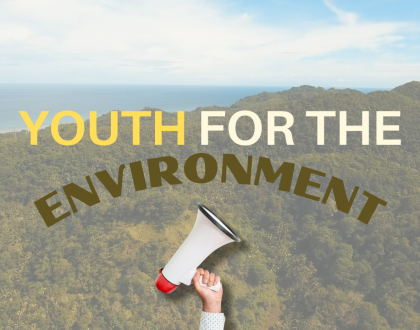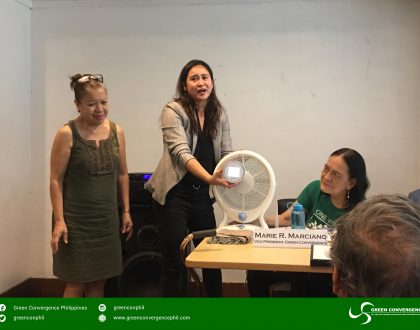Budget Tagging for CCA / DRRM Projects
RONALDO U. TOLEDO is the Director of the Fiscal Planning Bureau (FPB) Department of Budget and Management (DBM). As the Director, he supervises the operations of the bureau in its conduct of fiscal policy research and planning, development of fiscal and budgeting frameworks, (including multi-year and annual budget ceilings and forward estimates), formulation of annual and quarterly whole-of-government allotment and cash release programs, and monitoring of macroeconomic developments and their impact on the budget. He also supervises the policy analysis being undertaken by the bureau to underpin budgetary policy recommendations towards the efficient allocation of resources subject to a fair distribution of income and stable macroeconomic environment.
In the Philippines, the key sectors affected by climate change are agriculture, water and coastal resources, infrastructure, forestry and human health. Through climate budgeting, we can invest in climate change adaptation and mitigation, and build risk resilient communities. The country’s response to climate change is a transformative agenda. These are: Climate Change Commission (CCC) and Cabinet Cluster on Climate Change Adaptation (CCA) and Mitigation; and mobilizing the budgetary process. Climate budgeting is included in the annual budget call and the Budget Priorities Framework.
Climate budgeting classifies public expenditures through a process called climate change expenditure tagging. This process uses a typology of the climate responses as identified in government policies. It integrates climate response across the planning and budget cycles to improve accountability and transparency in climate action. Climate change expenditures represent a small portion of the national budget, only six percent (6%), are climate change expenditures. From the total climate change expenditures, 78 percent (78%) are for sustainable energy and water sufficiency.
Program Convergence Budgeting provides a vehicle for strengthening and scaling up the government’s climate response. It aims to improve coordination and convergence among national government agencies in planning, prioritizing, budgeting and implementing programs. This is done by focusing on expenditures in support of expected achievements within the available fiscal space.
Recommended Posts

Kabataan Para sa Kalikasan!
February 26, 2021

Environmental Forum: ‘Kailangan pa rin ang green spaces sa urban area’
November 23, 2020

Green Convergence to LGUs: ‘Invest in green spaces!’
October 23, 2019
